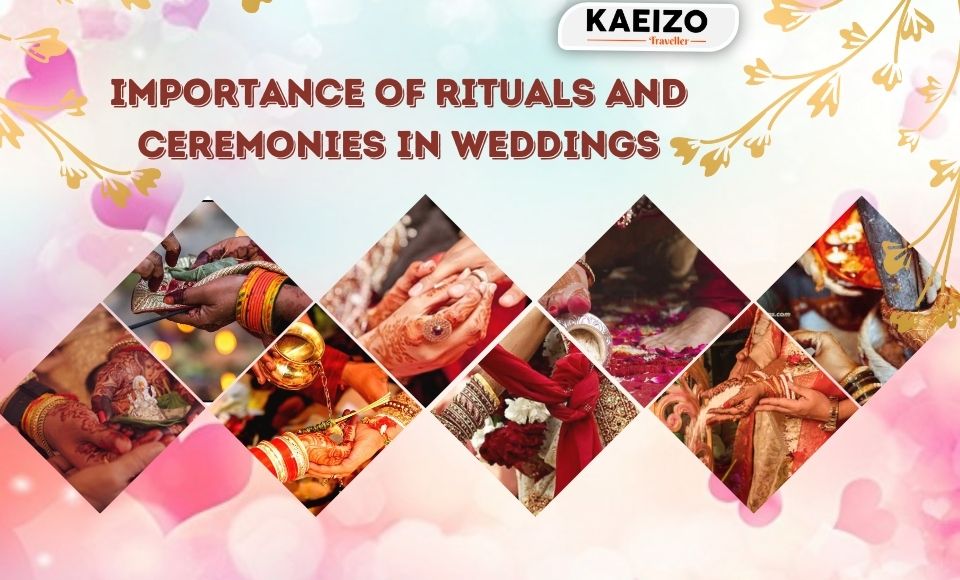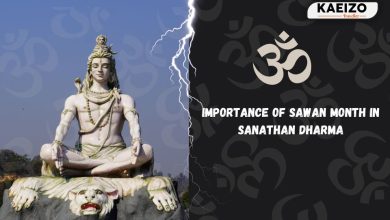
PilgrimageFamily
Importance Of Rituals and Ceremonies In Weddings
Here’s a look at the importance of rituals and ceremonies in weddings:
1. Cultural Identity and Tradition
- Preservation of Heritage: Wedding rituals and ceremonies often reflect the customs and traditions of a specific culture or religion. They help preserve these traditions, passing them down through generations.
- Cultural Expression: These practices allow couples and families to express their cultural identities, showcasing unique customs, attire, music, and dances.
2. Symbolism and Meaning
- Symbolic Acts: Many rituals are symbolic, representing key elements of marriage such as unity, love, commitment, and fidelity. For example, exchanging rings symbolizes eternal love, while lighting a unity candle represents the joining of two lives.
- Spiritual Significance: In religious weddings, ceremonies often have spiritual meanings, invoking blessings from deities, ancestors, or the divine. They sanctify the marriage, giving it a sacred status.
3. Social and Community Bonding
- Public Acknowledgment: Weddings are a public declaration of a couple’s commitment to each other. Rituals and ceremonies provide a structured way for the community to witness and affirm this commitment.
- Community Involvement: These events bring together family and friends, fostering a sense of community and collective joy. They often involve communal activities such as feasting, dancing, and gift-giving, which strengthen social bonds.
4. Transition and Transformation
- Rites of Passage: Weddings mark a significant life transition, from singlehood to married life. Rituals and ceremonies help couples and their families navigate this change, providing a framework for understanding and celebrating the new roles and responsibilities.
- Personal Transformation: Participating in these rituals often has a profound personal impact, helping individuals internalize the significance of the commitment they are making.
5. Emotional and Psychological Support
- Emotional Expression: Weddings are emotionally charged events. Rituals and ceremonies provide a structured way for couples and families to express their feelings of love, joy, and even anxiety or sadness.
- Rituals as Comfort: Familiar rituals can provide comfort and stability during the emotionally intense time of a wedding, offering a sense of continuity and tradition.
6. Legal and Social Recognition
- Legal Formalities: In many cultures, certain rituals and ceremonies are legally required for a marriage to be recognized. These may include signing a marriage certificate or taking vows in the presence of witnesses.
- Social Legitimacy: Rituals confer social legitimacy on the marriage, making it publicly recognized and accepted within the community.
7. Creating Lasting Memories
- Memorable Moments: The unique rituals and ceremonies of a wedding create lasting memories for the couple and their guests. They often become cherished stories shared with future generations.
- Photographic and Video Records: These moments are frequently captured in photos and videos, serving as tangible reminders of the day’s significance and the emotions felt.
8. Expression of Personal Beliefs and Values
- Customization: Many modern couples personalize their wedding rituals and ceremonies to reflect their unique beliefs, values, and personalities. This customization allows for a more meaningful and authentic experience.
- Inclusivity and Adaptation: In multicultural or interfaith marriages, rituals can be adapted to include elements from both traditions, promoting inclusivity and respect for diversity.




